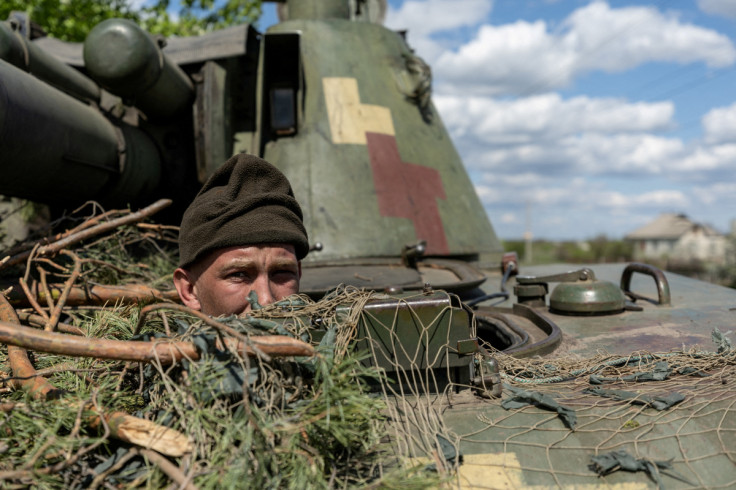Crowdfunding Campaign Raises Over $5.5M For APCs In Ukraine

The Ukrainian military will be getting a special Christmas present in the form of 60 lightly-used FV103 Spartan armored personnel carriers (APCs). These APCs are great for maneuvering in wet and cold conditions and will help advance military mobility going into the first anniversary of Russia's invasion of Ukraine.
The APCs were not gifts from an allied government or a purchase from the Ukrainian military but rather an online crowdsourcing campaign that raised over $5.5 million in 36 hours.
The Prytula Foundation, founded by Ukrainian comedian and TV personality Serhiy Prytula, has been crowdsourcing to purchase military supplies since the war in Ukraine began. The purchase of 60 APCs is only the latest in donations ranging from fighter planes to medical supplies over the last several months.
Fundraising for the vehicles started on Wednesday, and the charity estimated it would take a week to raise all the money. Within nine hours, the campaign had reached half of its projected goal. By noon on Thursday, the money was raised. A tweet by Prytula announced the achievement on Thursday.
No one! Never ever can defeat our nation! Because we are the Ukrainians!
— Serhiy Prytula (@serhiyprytula) November 3, 2022
We’ve crowdfunded for 60 British Spartan APCs in only 1,5 day!!
We turn this world upside. And we all help our Army fight! Thank you all in Ukraine and beyond for donations!
Invincible when united! pic.twitter.com/dVT9xUk9Az
The FV103 Spartan has been in use by the British army for years but is currently being phased out and replaced with newer models. The current fleet is being housed in secret warehouses in the country; the ones for sale are in the hands of private owners and are reported to have fewer than 10,000 miles on them.
"We are the first organization that is going to actually procure them, not as a state, as a country, but as an NGO who would give them to the ministry of defense of Ukraine," said transport direction coordinator at the Prytula Foundation, Maksym Kostetsky, in an interview with The Guardian.
The hope is that the vehicles will be used in the Donbas region of southern Ukraine. Russia has illegally annexed this area where wet and snow conditions make movement difficult, but the APCs can quickly drive up to the frontlines.
One of the more interesting aspects of the crowdsourcing effort is that much of the marketing is done through memes shared on social media and advertising strategies that rely on anger and feeling over military strategy.
Media Manager for the Prytula Foundation, Maria Pysarenko, said social media allows them more direct contact with those donating, and they can show where the money is going in real-time. "We see everything online – we can reach people sitting in the trenches via Messenger, Twitter, WhatsApp," Pysarenko said in an interview with The Guardian.
A memorable campaign from earlier in the year was when Elon Musk, the new owner of Twitter and the wealthiest man in the world, decided to share his thoughts on the war in Ukraine, recommending Ukraine barter away some of its territories. The comments angered many, especially Ukrainians, who compose nearly 80% of the charity's donors.
Pysarenko said the charity saw an opportunity. "We decided, OK, people are so angry, and we can convert this anger into something helpful," she said.
The charity announced a fundraiser on Twitter to buy Musk a history textbook. Within an hour, the charity had raised over $27K, enough to purchase the textbook and radio equipment for an entire military unit.
Pysarenko said the situation is almost comical, how the organization raises millions in support of the war effort through tweets and memes.
"But that it is how Ukrainians are now living," she said. "We're living on the brink of a joke and tragedy. Jokes are trying to offset the scale of the tragedy. Joking is a way to survive this tragedy."
© Copyright IBTimes 2024. All rights reserved.





















